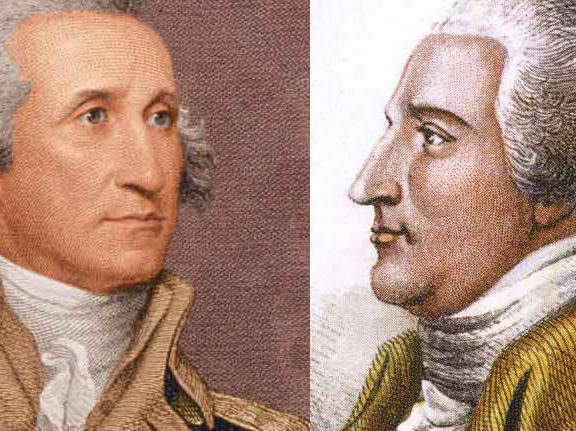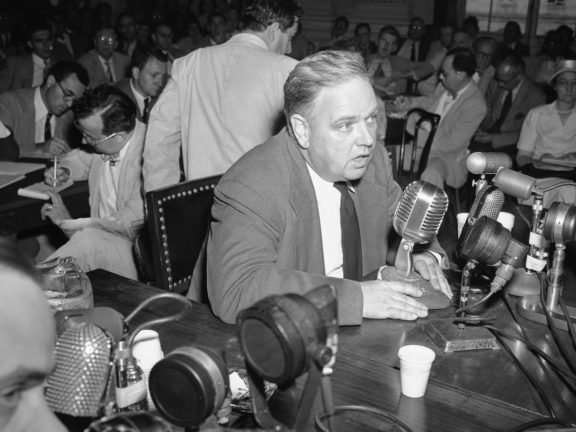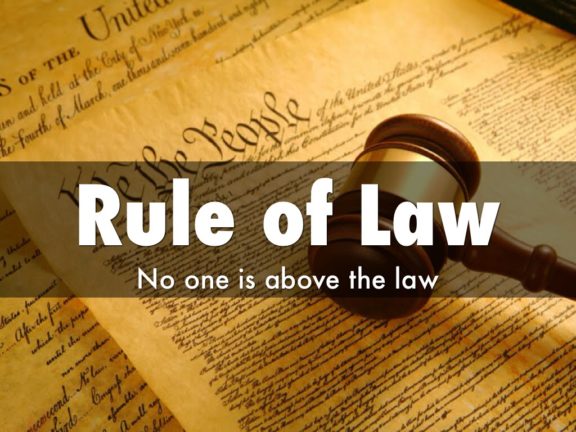22 November 1963
On this day fifty-seven years ago, C. S. Lewis died. As many have noted since, his death went relatively unnoticed at the time due to the tragic assassination of President Kennedy that same day. Yet, I ask, which of those two lives had more influence for the Kingdom of God? Which man, through his words and example, has led more people to seriously consider spiritual realities? Walter Hooper first met Lewis in the summer of 1963. They had corresponded over… Read more »






